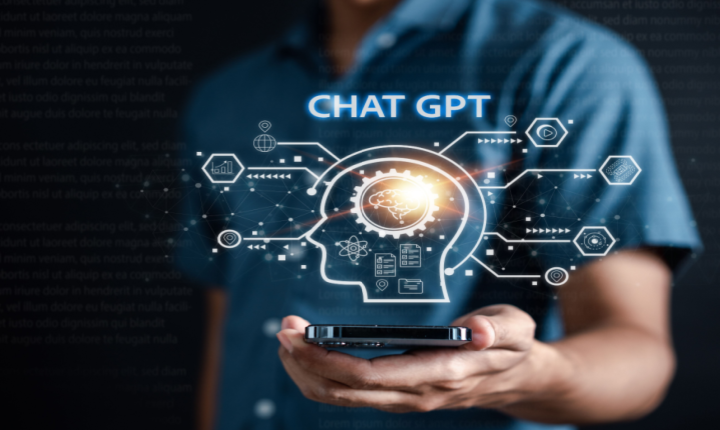Rare languages
They may be less well treated by ChatGPT .
– Language templates are typically driven over vast amounts of text data to learn the structures and rules of each language, but if the data is limited, it can limit the quality of translation.
– Rare languages can have very different grammatical structures and syntactic rules than more common languages, which can make it difficult to form a precise machine translation model for those languages, except to use a linguist who can rework the translations.
– Finally, there may be technical challenges related to the availability of IT resources and the ability to store large amounts of data, which can make it difficult to create machine translation templates for less common languages.
SYSTRAN has a catalogue of 150+ language
Language engineers find corpus of data or use data from companies that make the model reliable. They correct the data and human intervention is essential for the quality of translation of these languages. The intervention of linguists and customer data enables fast and reliable translation.
Superior translation quality with personalization, than ChatGPT Translation
ChatGPT can be customized to meet the specific needs of an organization or organization. This customization is done through automatic learning, which leads to the ChatGPT model with company-specific data.
However, customizing ChatGPT for an organization requires skills in data science and natural language processing.
The size and number of parameters of these models are enormous, and the formation of these models is very costly and out of reach for many organizations in terms of:
- IT resources needed for data analysis, data collection, training and hosting
- Human workload for annotations and assessment
SYSTRAN has a unique customization method
The software learns how to translate into the specific context of each customer. Customization to customer business areas is based on the creation of customer-specific resources: dictionaries, translation memories, language templates, translation templates that improve translation quality.
Customization is done on a standalone basis by the customer, without the need for technical expertise, but with support if necessary. A tool like model studio allows the company to start from its translation memory or bilingual data. The company downloads its dataset with complete autonomy and in seconds. There is no need for large translation memories to have a positive impact on the quality of translation.






